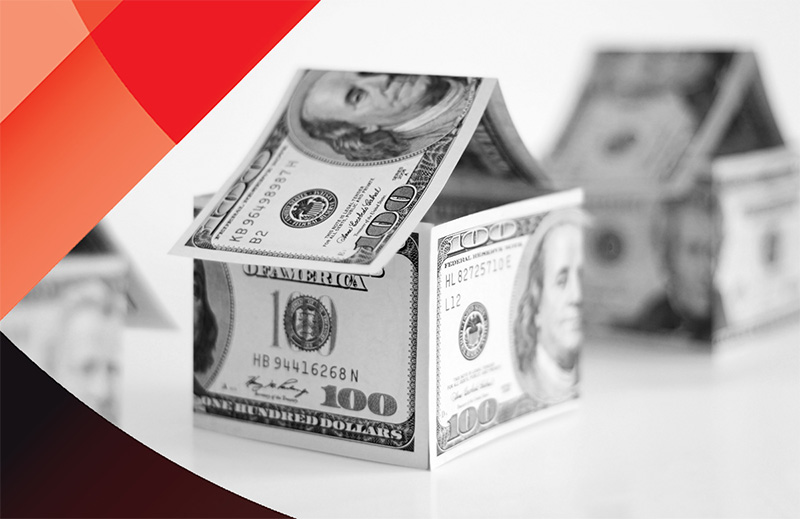Published by Housing Wire | April 25, 2022
Property taxes are rising unevenly across the country, triggering concerns for affordability
In Spokane, Washington, a mortgage loan officer at a regional bank has seen five borrowers qualify for a mortgage for one amount, only to have that number slashed a few months later.
“They were approved in December,” he said. “Now they’ve gone from $450,000 down to $325,000.”
The reason behind the change, he said, is not that they had a sudden reduction in income, or an emergency expense that drained their savings. The culprit is property tax bills, which arrived on April 1, bearing property tax increases driven by fast-rising home prices.
In Spokane, the average property tax bill has risen from about $2,500 in 2019 to about $3,000 in 2021, tax assessment data shows. Depending on a specific property’s assessment, however, the increase can be much higher.
For those hoping to buy a home with a mortgage, property tax increases can reduce their debt-to-income ratio, and thus the amount they qualify for. But underwriters only factor in current property tax rates, not future increases. So existing homeowners can be caught off guard when there is a gap between what is held in escrow and tax bills that come due.
Most conversations surrounding the affordability crisis have focused on headline-grabbing home price increases, bidding wars, racial disparities in home appraisals and a lack of supply. But a property tax reckoning is coming, even if its arrival date is at some distant point in the future.
“Assessments won’t catch up to the increases for some time,” said Rick Sharga, executive vice president of market intelligence for real estate data firm ATTOM.
But the increases are already in progress. There have been large increases in areas that saw large home price increases and recently updated tax assessments.
The average property tax bill in Tennessee, which has one of the lowest tax rates in the country, saw a 30% increase in average property taxes paid on single-family homes last year, according to ATTOM. Average property tax bills in Milwaukee increased 19%. Residents of Baltimore saw their tax bills rise 12% in 2021.
But property taxes vary dramatically from state to state, city to city, and even within cities where there are multiple tax authorities. Further clouding the picture, property taxes tend not to move in concert with home price increases. Rather they lurch forward and back on an uneven schedule, trailing the market by years, depending on intervals set by tens of thousands of separate localities.
“Assessment values always lag home prices, on the way up and on the way down,” Sharga said.
As house prices continue their meteoric rise — although rate hikes from the Federal Reserve may cool increases — prospective borrowers and existing homeowners are seeing their property taxes grow bigger and bigger.
“We’re in uncharted territory,” said Joan Youngman, who chairs the department of valuation and taxation at the Lincoln Institute. “No one knows how this will all play out.”


